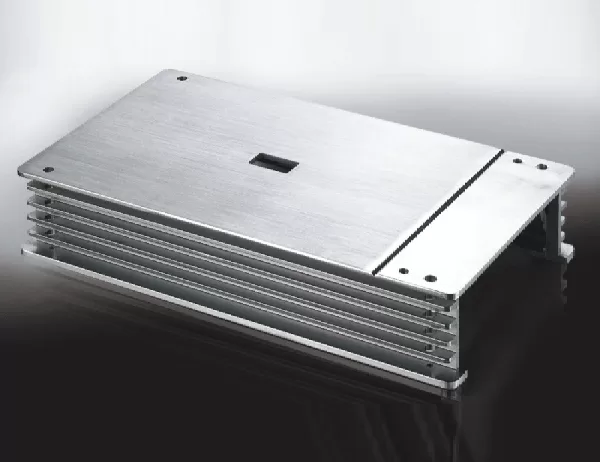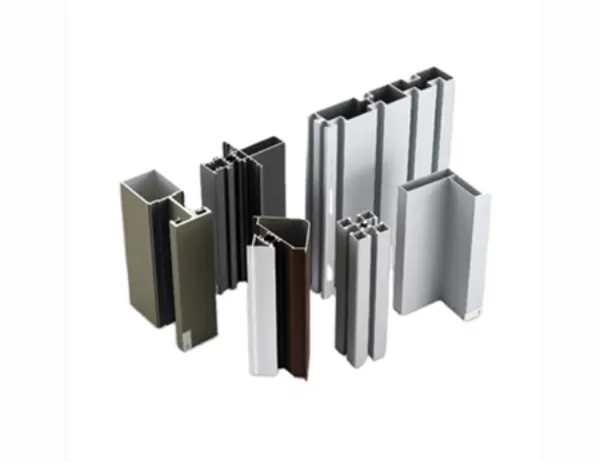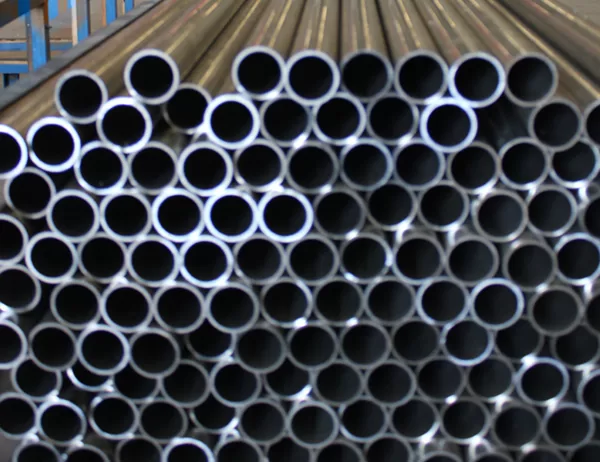In the burgeoning landscape of renewable energy, the advent of aluminum heat sinks has marked a significant advancement in enhancing the efficiency and longevity of solar photovoltaic (PV) systems, wind turbines, and other clean energy technologies. These components play a crucial role in dissipating heat generated during power conversion processes, enabling optimal performance and safeguarding vital system components.
Heat dissipation is a fundamental issue in renewable energy systems, as excessive temperatures can lead to reduced performance and premature failure of critical components. Aluminum heat sinks effectively conduct heat away from heat-producing elements, such as solar cells or power transistors, and transfer it to the ambient environment. By maintaining optimal operating temperatures, heat sinks improve the efficiency of power conversion, enhancing the overall energy yield of the system.
Aluminum offers exceptional durability and corrosion resistance, making it an ideal material for heat sinks in demanding renewable energy environments. It withstands harsh outdoor conditions, including extreme temperatures, UV radiation, and moisture, ensuring the long-term functionality and reliability of the system. Heat sinks protect delicate electronic components from thermal stress, extending their lifespan and mitigating the risk of system failures.
Aluminum is a lightweight material, contributing to the overall weight reduction of renewable energy systems. This feature is particularly advantageous in applications where weight constraints are critical, such as solar panels on rooftops or wind turbines installed on high structures. Additionally, aluminum heat sinks offer cost-effective solutions compared to other materials, making them accessible for large-scale renewable energy projects.
Aluminum’s versatility allows heat sinks to be customized to meet specific requirements of different renewable energy applications. They can be fabricated in various shapes and sizes to accommodate different heat dissipation needs. The flexibility of aluminum enables the integration of heat sinks into complex system designs, ensuring optimal heat management and system performance.
Renewable energy systems prioritize environmental sustainability, and aluminum heat sinks align well with this goal. Aluminum is a recyclable material, reducing the environmental impact associated with its production and disposal. Its durability and longevity contribute to minimizing waste and promoting the circular economy.
Aluminum heat sinks play an indispensable role in the performance, reliability, and sustainability of renewable energy systems. Their ability to dissipate heat effectively, withstand harsh environments, reduce weight, and offer cost-effective solutions makes them an essential component in the transition to clean and efficient energy production. By optimizing thermal management, aluminum heat sinks contribute to maximizing the energy yield, extending the lifespan of critical components, and advancing the adoption of renewable energy technologies worldwide.




